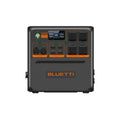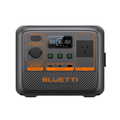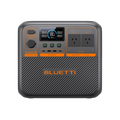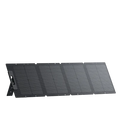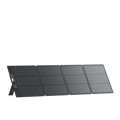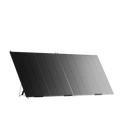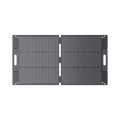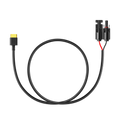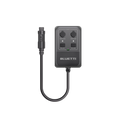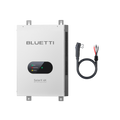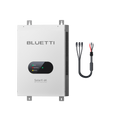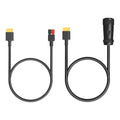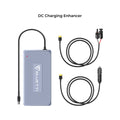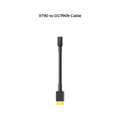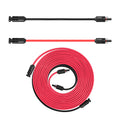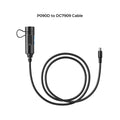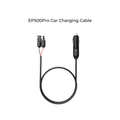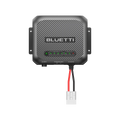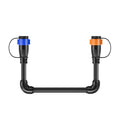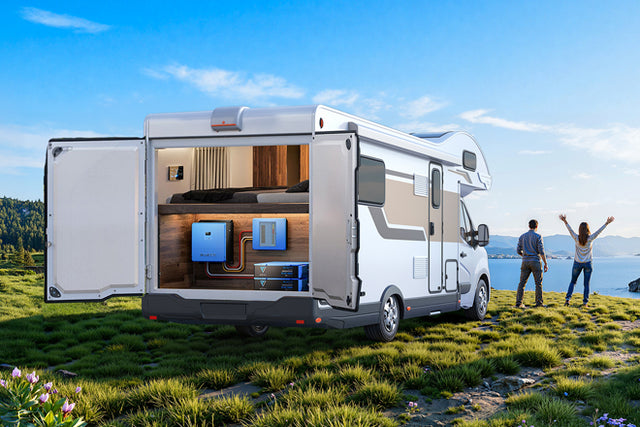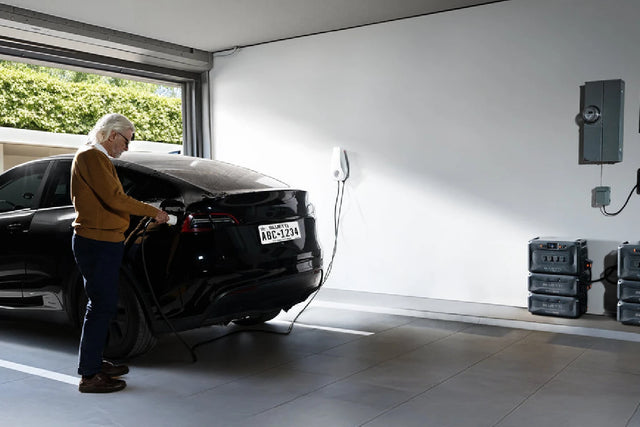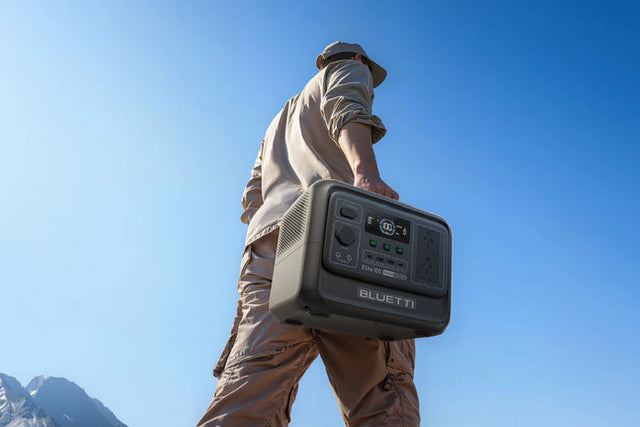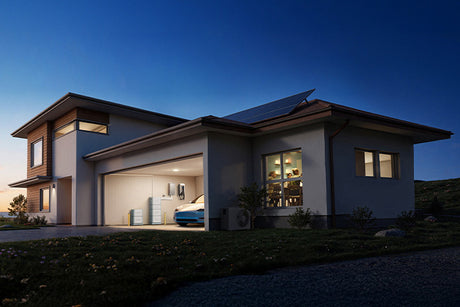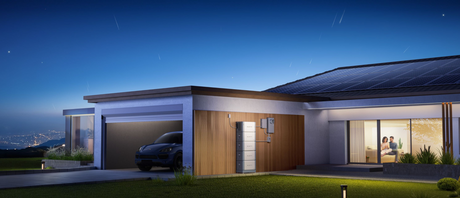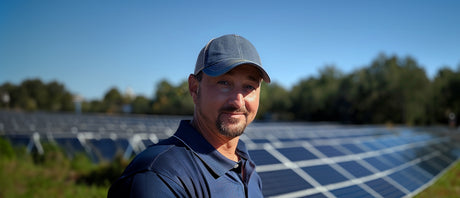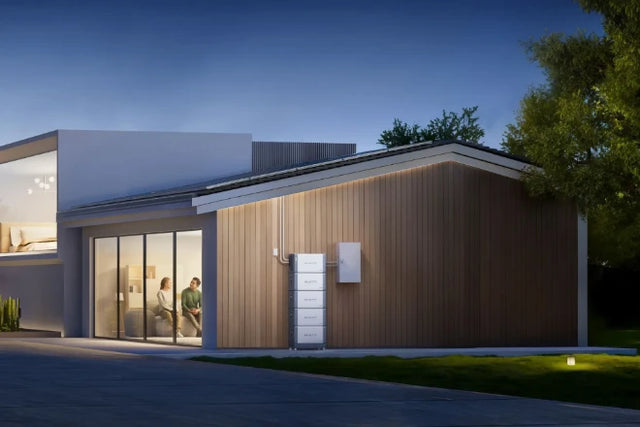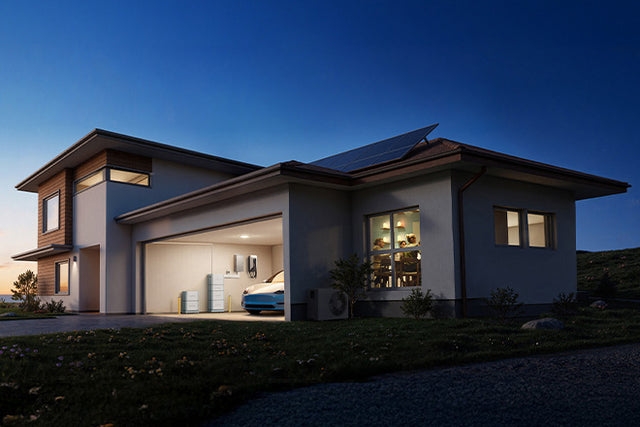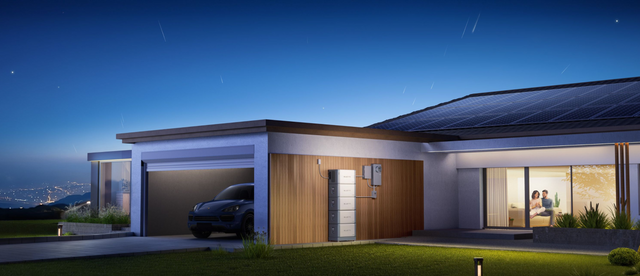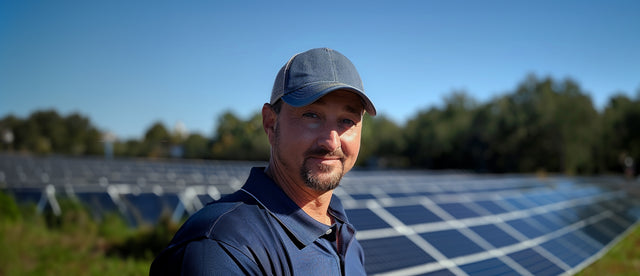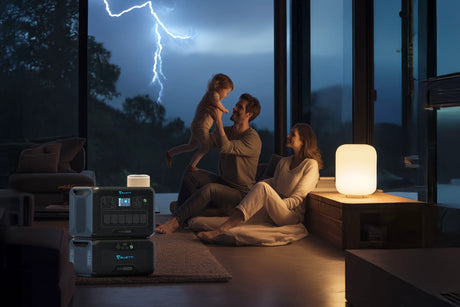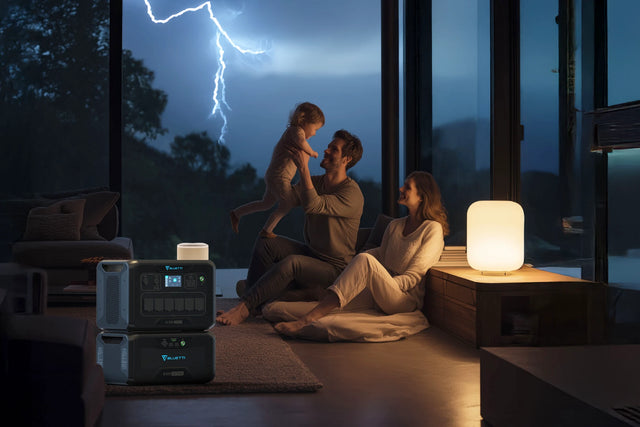In recent years, the topic of renewable energy has become a hot topic, with a growing number of individuals and businesses turning to sustainable sources of power. Among these options, solar panels have emerged as a popular and accessible choice. As the demand for eco-friendly solutions increases, many people have begun to wonder if investing in solar panels is truly worth it. In this article, we will delve into the advantages and disadvantages of solar panels, ultimately answering the question: are solar panels worth it? Whether you are considering switching to solar energy or simply curious about its effectiveness, read on to discover the important factors to consider before making the switch.
Pros of Switching to Solar
- Save on Energy Costs: One of the main benefits of switching to solar energy is the potential to save money on your electricity bills. Solar panels produce electricity from the sun's energy, which means you can use this free and renewable resource instead of paying for electricity from the grid. This can significantly lower your monthly energy costs and potentially save you thousands of dollars over the lifetime of your solar system.
- Increase the Value of Your Home: Installing a solar system can also increase the value of your home. Studies have shown that homes with solar panels have a higher resale value and sell faster than homes without. This is because potential buyers are attracted to the idea of owning a home with lower energy costs and a smaller carbon footprint. Additionally, solar panels are a long-term investment, and owning a solar-powered home can be a desirable feature for future buyers.
- Environmental Benefits: Solar energy is a clean and renewable energy source, meaning it does not release harmful pollutants into the air. By switching to solar, you can reduce your carbon footprint and help combat climate change. Additionally, solar energy does not require water for its production, unlike traditional energy sources, which can help conserve this precious resource.
- Lower Reliance on Fossil Fuels: As the world continues to face the effects of climate change, reducing our reliance on fossil fuels is crucial. By switching to solar energy, you are reducing the demand for non-renewable energy sources such as coal, oil, and gas. This helps to reduce greenhouse gas emissions and slow the overall rate of climate change.

- Low Maintenance Costs: Solar panels require very little maintenance, and most reputable companies offer warranties to cover any potential issues. This means that once your solar system is installed, you can enjoy the benefits without worrying about ongoing maintenance costs.
- Energy Independence: Solar energy allows you to generate your own electricity, making you less dependent on traditional utility companies. This provides greater control over your energy usage and costs, and can also protect you from potential power outages or fluctuations in energy prices.
- Government Incentives: Many governments offer incentives and tax credits for those who switch to solar energy. These can significantly reduce the upfront costs of installing a solar system, making it a more affordable option for homeowners.
- Versatility and Accessibility: Solar panels can be installed almost anywhere, from rooftops to open land. This makes it accessible to homeowners in both urban and rural areas. Additionally, advancements in solar technology have made it possible for panels to be installed in a variety of orientations and tilt angles, making it easier to find suitable locations for optimal energy production.
Is solar panels a good investment
Solar panels can be a good investment for some individuals, but it ultimately depends on your specific circumstances and goals. Here are a few factors to consider:
- Upfront Cost: Solar panels can be expensive to install, with an average cost of around $12,000-$18,000 for a residential system. Depending on your budget and financial situation, this upfront cost may or may not be feasible for you.

- Long-term Savings: One of the main benefits of investing in solar panels is the potential for long-term savings on your electricity bills. By generating your own electricity, you can reduce or even eliminate your monthly electricity costs. Over time, these savings can add up and help offset the initial cost of installation.
- Location and Sunlight Exposure: The effectiveness and efficiency of solar panels depend heavily on your location and the amount of sunlight your panels receive. If you live in an area with high electricity rates and plenty of sunlight, your solar panels will likely be more financially beneficial than if you live in an area with low electricity rates and limited sunlight.
- Incentives and Tax Credits: In some areas, there are government incentives and tax credits available for installing solar panels. These can help reduce the upfront cost and make solar panels a more financially viable investment.
- Maintenance and Lifespan: While solar panels do not require much maintenance, they do have a lifespan of about 25 years. It's important to consider if you will be living in your current home long enough to see a return on your investment.
What can solar panels do?
- Providing electricity for homes and businesses: Solar panels can be installed on rooftops or in open spaces to provide electricity for homes and businesses. This can help reduce or even eliminate the need for grid electricity, thus saving money and reducing reliance on fossil fuels.
- Powering remote areas: Solar panels can be used to generate electricity in remote areas that are not connected to the grid. This can provide a sustainable and reliable source of electricity for communities that may not have access to traditional energy sources.
- Energizing vehicles: Solar panels can be used to power electric vehicles, including cars, boats, and airplanes. This can reduce the dependence on fossil fuels for transportation and help reduce carbon emissions.
- Purifying water: Solar panels can be used to power water purification systems, making it possible to provide clean drinking water in areas with limited access to clean water sources.
- Heating water: Solar panels can also be used to heat water for residential and commercial use. This is known as solar water heating and is a more energy-efficient and environmentally friendly alternative to traditional water heaters.
- Charging electronic devices: Portable solar panels can be used to charge electronic devices such as phones, laptops, and cameras, making them an ideal choice for outdoor activities or in emergency situations.
How Much Can You Save With Solar? Electric Bill Savings by State
In Australia, the amount of money you can save on your electric bill by installing solar panels depends on various factors such as the size of your system, your location, and your energy usage. Generally, the bigger your system and the more energy you use, the more you can save on your electric bill.
According to a report by Solar Choice, the average 5kW solar system in Australia can save homeowners between $1,600 to $2,200 per year on their electric bills. However, the exact amount of savings will vary from state to state. Here is an overview of potential electric bill savings in each state:

- New South Wales: In New South Wales, the average annual savings on electric bills with a 5kW solar system can range from $1,900 to $2,600.
- Queensland: With a 5kW solar system, residents in Queensland can save an average of $1,600 to $2,200 per year on their electric bills.
- Victoria: The average annual savings on electric bills with a 5kW solar system in Victoria can range from $1,700 to $2,400.
- Western Australia: In Western Australia, homeowners can save an average of $1,800 to $2,500 per year on their electric bills with a 5kW solar system.
- South Australia: Residents in South Australia can expect to save an average of $1,900 to $2,600 per year on their electric bills with a 5kW solar system.
- Tasmania: With a 5kW solar system, homeowners in Tasmania can save an average of $1,500 to $2,100 per year on their electric bills.
- Australian Capital Territory (ACT): The average annual savings on electric bills with a 5kW solar system in the ACT can range from $1,600 to $2,200.
- Northern Territory: In the Northern Territory, homeowners can save an average of $1,900 to $2,600 per year on their electric bills with a 5kW solar system.
It's important to note that these savings are estimates and the actual amount will vary depending on your specific circumstances. Factors such as the size and efficiency of your solar system, your energy usage patterns, and the cost of electricity in your area can all impact your savings. It's best to consult with a solar provider for a more accurate estimate of potential savings.
Factors To Consider Before Going Solar
Adopting a solar energy system for your home is a great way to reduce your carbon footprint and save money on your energy bills. However, before making the switch, there are a few factors to consider to ensure that you are making the most informed and practical decision for your household. Here are some key things to keep in mind before going solar:
- Your Energy Needs
Before going solar, it is essential to determine your household's energy needs. This involves understanding how much energy your household consumes on a daily, weekly, and monthly basis. You can gather this information by checking your energy bills from the past year and calculating your average usage.
This will give you a better idea of the size and type of solar system that will best suit your household's energy needs. You may also want to consider any changes in your energy consumption habits that you might make in the future, such as purchasing an electric vehicle or adding more appliances to your home.
- Your Roof's Solar Potential
Another crucial factor to consider before going solar is your roof's solar potential. This refers to how much sunlight your roof receives and how well it is oriented towards the sun. A solar panel installation requires an unobstructed section of your roof that receives direct sunlight for the majority of the day.
If your roof is heavily shaded or does not receive enough direct sunlight, it may not be suitable for a solar installation. You may need to consider other options for solar energy, such as ground-mounted panels or a community solar program.
- Your Budget
Solar panel installations can be a significant investment, so it is crucial to consider your budget before going solar. You should research the costs associated with purchasing and installing a solar energy system, as well as any potential tax credits or rebates that may be available in your area.
You may also want to consider leasing or financing options to help make the initial investment more affordable. Keep in mind that while purchasing a solar system may have a higher upfront cost, it can provide significant long-term savings on your energy bills.
- The Maintenance Requirements
Another important factor to consider is the maintenance requirements for a solar energy system. While solar panels are relatively low maintenance, they do require occasional cleaning and inspection to ensure they are operating at maximum efficiency.
You should also consider the warranty and maintenance plans offered by the solar company you choose to work with. Understanding the maintenance requirements and costs associated with a solar system can help you budget and plan for the long-term.
- Your Local Regulations and Permits
Before going solar, it is essential to research and understand the regulations and permits required in your area for solar panel installations. Some cities or municipalities may have specific guidelines or restrictions for solar systems, which could impact your installation plans.
The composition of a solar power generation system
- Solar panels: These are the most important components of a solar power generation system. Solar panels are made up of photovoltaic cells that convert sunlight into electricity.
- Inverter: The electricity generated by the solar panels is in the form of direct current (DC). The inverter converts this DC electricity into alternating current (AC) which is the type of electricity used in homes and buildings.
- Mounting system: Solar panels need to be mounted on a stable and secure structure to capture sunlight effectively. The mounting system also allows for adjustment of the panel angle to optimize energy production.
- Batteries: Some solar power systems may also include batteries to store excess electricity generated during the day for use at night or on cloudy days.
- Charge controller: For systems with batteries, a charge controller is necessary to regulate the charging of the batteries and prevent overcharging or damage.
- Electrical wiring and switches: These components connect the solar panels, inverter, batteries, and charge controller to the main electrical system of the building.
- Net meter: In grid-connected systems, a net meter is installed to measure the amount of electricity produced by the solar panels and the amount of electricity consumed by the building. This allows for tracking of energy production and potential credits or payments from the utility company.
- Monitoring system: Many solar power systems come with a monitoring system that allows you to track the performance of your system and identify any issues or malfunctions.
- Backup generator: Some solar power systems may also include a backup generator to provide electricity in case of a power outage or low battery levels.
Bluetti Backup generator right for my home?
As the world shifts towards renewable energy sources, solar panels have become a popular choice for homeowners looking to reduce their carbon footprint and save on electricity bills. But what if we told you that solar panels could do more than just power your home? With the BLUETTI AC300 + B300, you can now have a reliable backup generator for your household. This powerful system boasts a 3,000W AC pure sine wave inverter and a 3,072Wh capacity, ensuring that you have ample backup power to keep your essential appliances running during emergencies. But what truly sets this system apart is its versatility - with 7 different ways to recharge, including solar, car, and generator, you can rest assured that your backup power source will never run dry. And with its smart app control and monitoring feature, you can easily track your energy usage and make the most out of your solar energy. Plus, with the option to add up to 4 additional B300 battery modules, the BLUETTI AC300 offers an incredible capacity of 12,288Wh, making it a reliable and long-term investment for your home. So, when considering the worth of solar panels, remember that with the BLUETTI AC300 + B300, you are not just investing in green energy, but also in the peace of mind that comes with a reliable backup power source.
Shop products from this article
Be the First to Know
You May Also Like
For Australians exploring a sustainable future, harnessing solar power with a robust battery bank could be the perfect solution for our energy needs. Imagine tapping into the sun’s abundant energy...
For those looking to harness the sun's power and achieve true energy independence, Australia offers a treasure trove of solar battery storage options designed to meet a variety of needs....


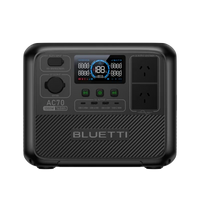
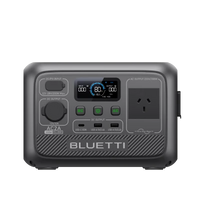
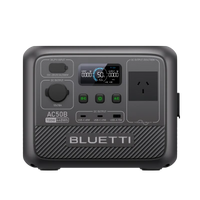

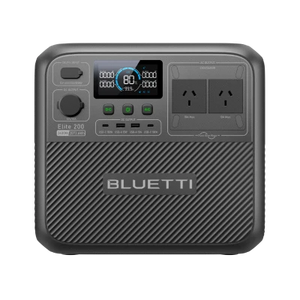
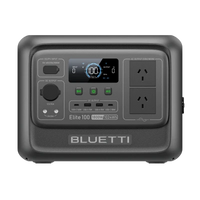
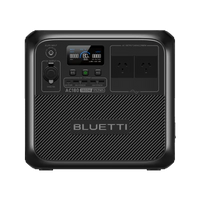
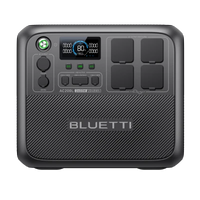
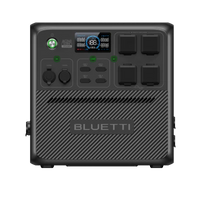
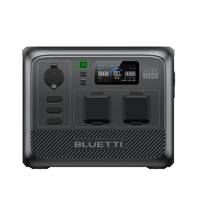
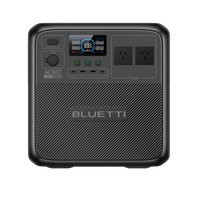


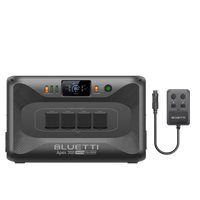

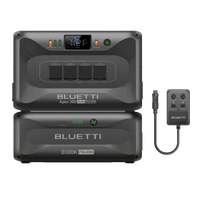
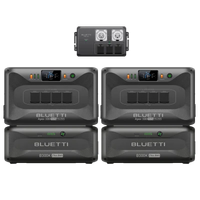
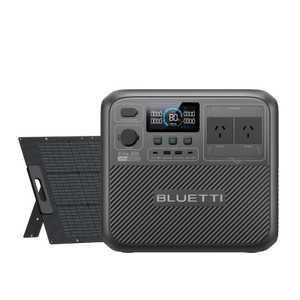
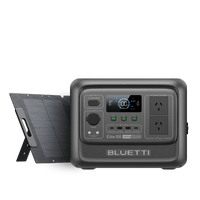
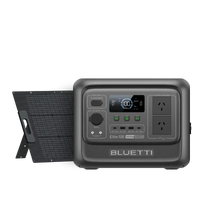
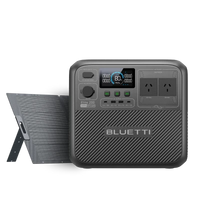
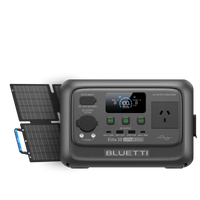
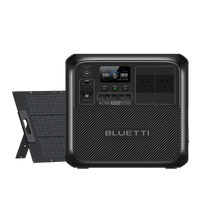
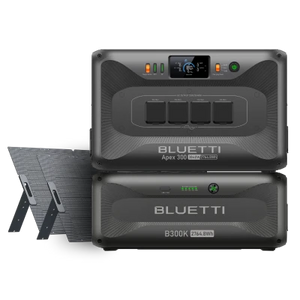
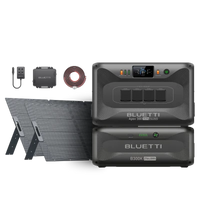
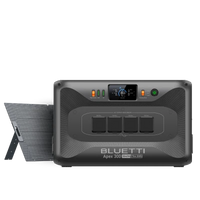
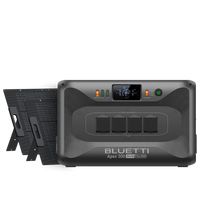
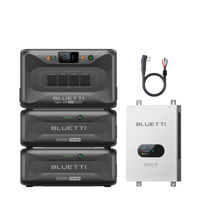

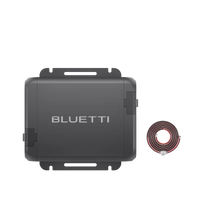
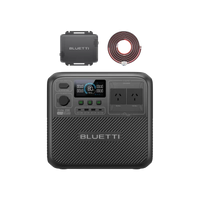
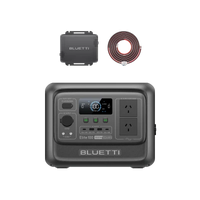
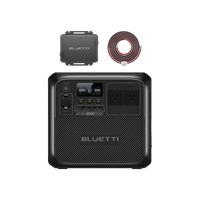
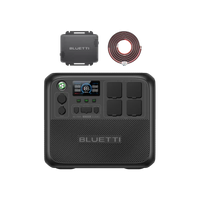
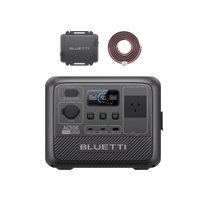
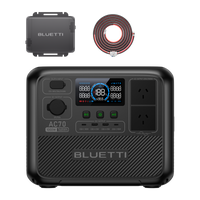


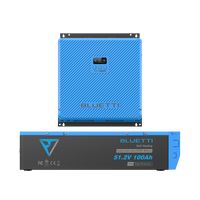
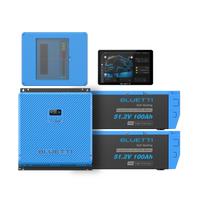
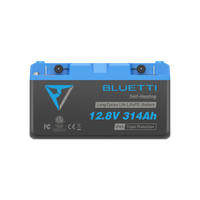
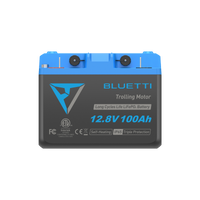
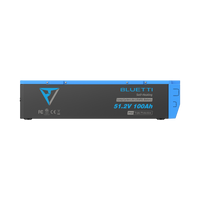
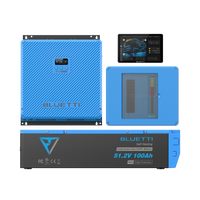
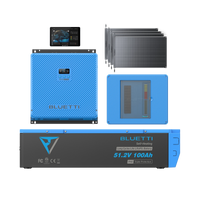
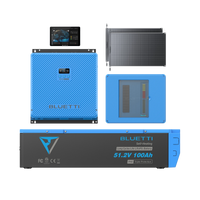
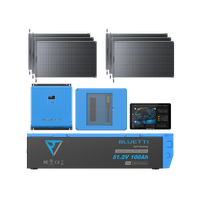




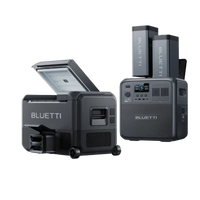
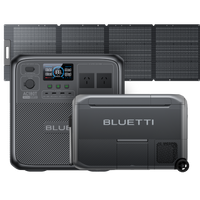
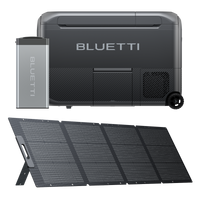
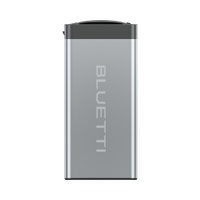
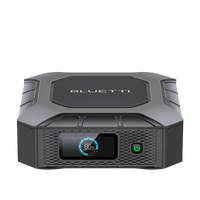
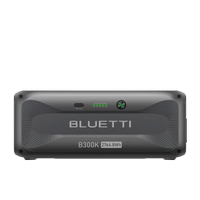

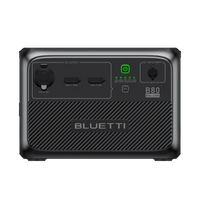
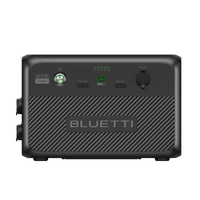

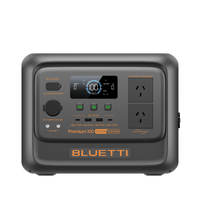
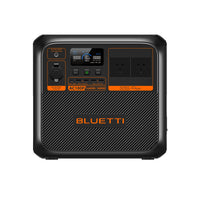

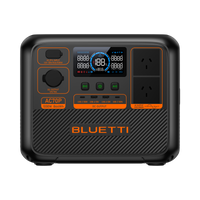
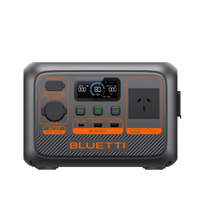
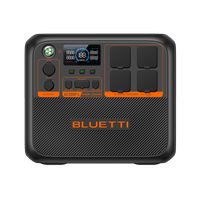
![[Phased Out] BLUETTI B80P Expansion Battery | 806Wh](http://www.bluettipower.com.au/cdn/shop/files/202310025B80P_2000-2000px_4_4caa0c1c-4dab-4272-9e9b-2b7507e5bd81.jpg?v=1713777870&width=200)
![[Phased Out] BLUETTI B210P Expansion Battery | 2,150Wh](http://www.bluettipower.com.au/cdn/shop/files/2_08cf9ef3-03a4-4489-b641-d3edb8094896.webp?v=1716016566&width=200)
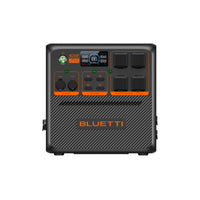
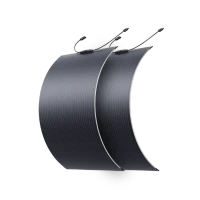
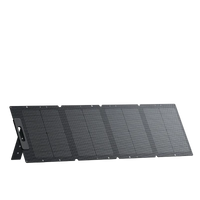
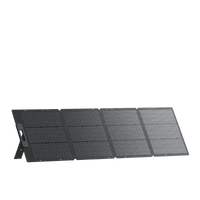
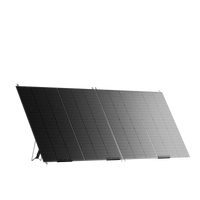

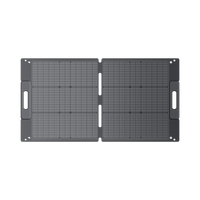

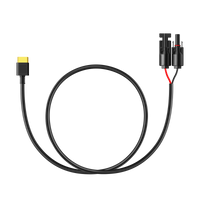
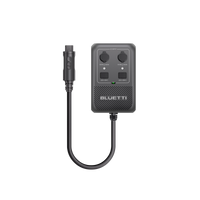
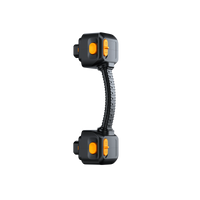
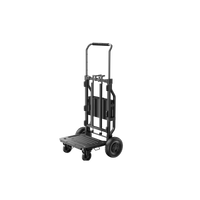
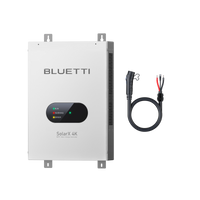
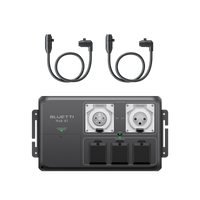
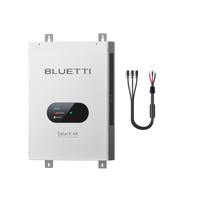
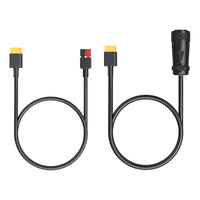
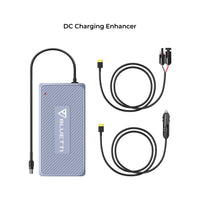
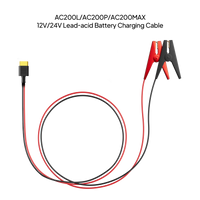
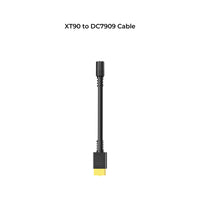
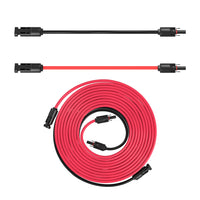
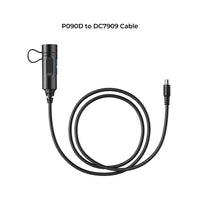
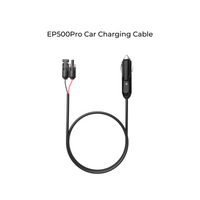
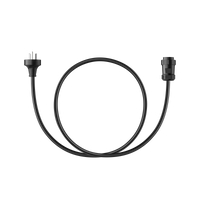
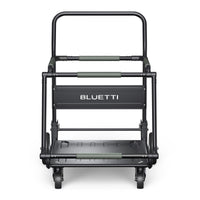
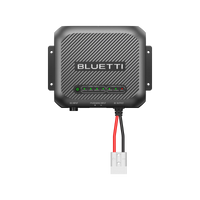
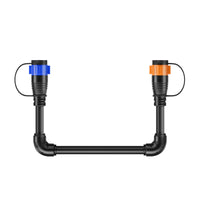



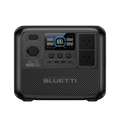
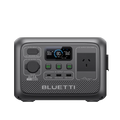
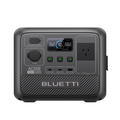


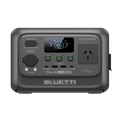
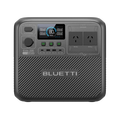
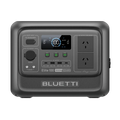
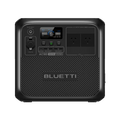
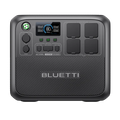
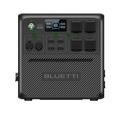
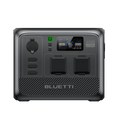
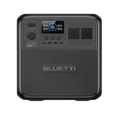


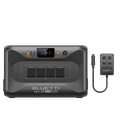

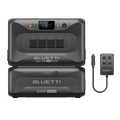
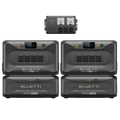




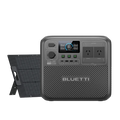
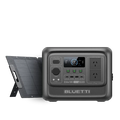
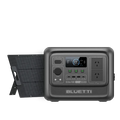
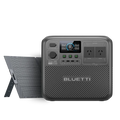
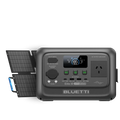
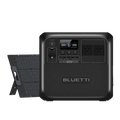
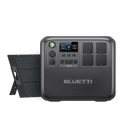
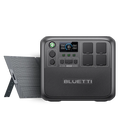




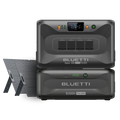
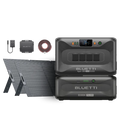
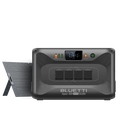
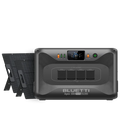
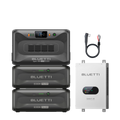


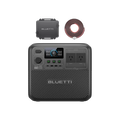
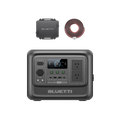
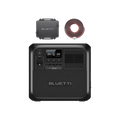


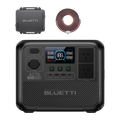
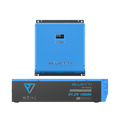
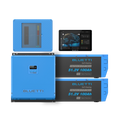
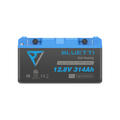
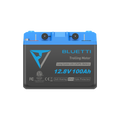

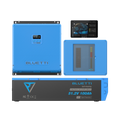
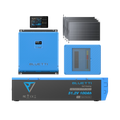

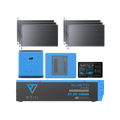
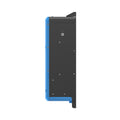




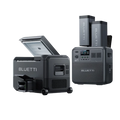
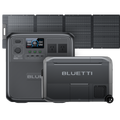


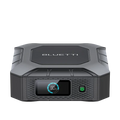


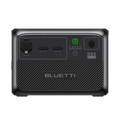
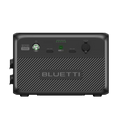

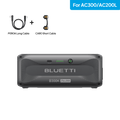
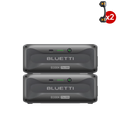
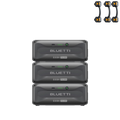




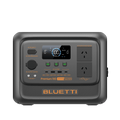
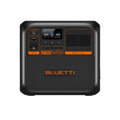

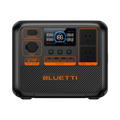
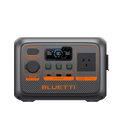

![[Phased Out] BLUETTI B80P Expansion Battery | 806Wh](http://www.bluettipower.com.au/cdn/shop/files/202310025B80P_2000-2000px_4_4caa0c1c-4dab-4272-9e9b-2b7507e5bd81.jpg?v=1713777870&width=120)
![[Phased Out] BLUETTI B210P Expansion Battery | 2,150Wh](http://www.bluettipower.com.au/cdn/shop/files/2_08cf9ef3-03a4-4489-b641-d3edb8094896.webp?v=1716016566&width=120)
